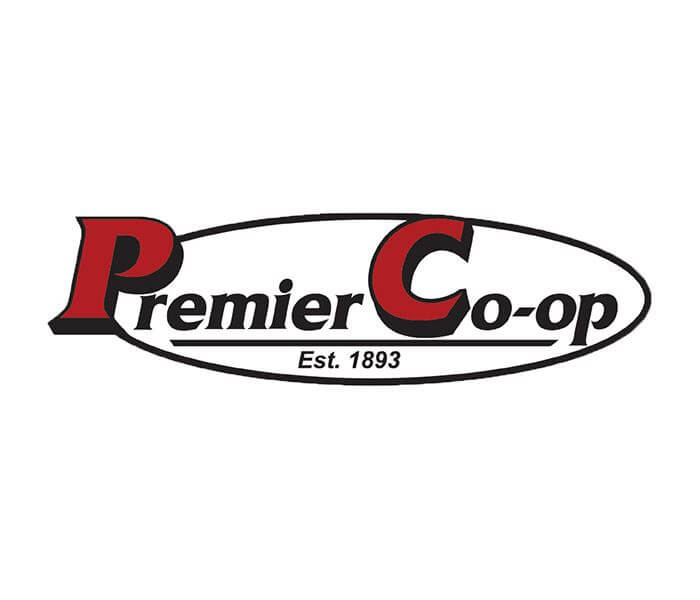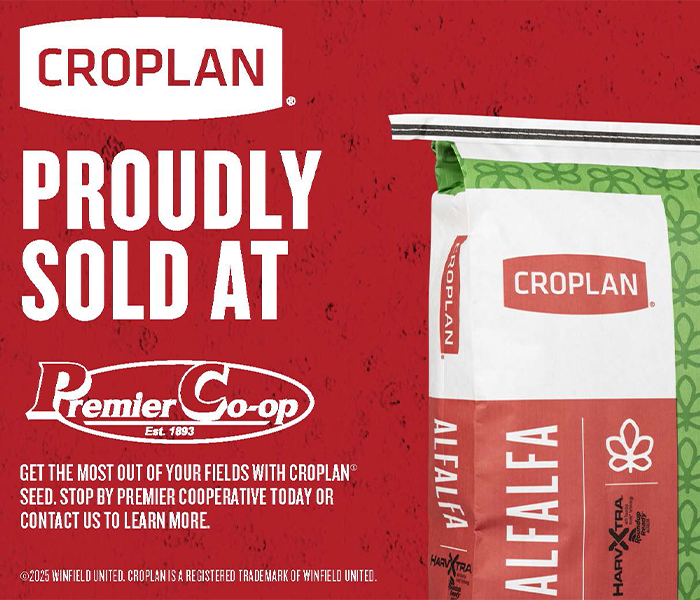Get the Most Out of Your Seed
Alfalfa is increasingly popular among dairy producers for its ration and rotational benefits. It boosts animal performance, enhances soil health, and supports sustainability goals.
Nutritional Benefits
Alfalfa stands out for its exceptional nutritional profile, containing 18-24% crude protein on a dry matter basis. This high protein content helps optimize milk production. Additionally, alfalfa offers high digestibility, allowing animals to consume more dry matter, leading to higher milk production or faster weight gain.
While grass may offer higher forage yields, alfalfa’s unique nutritional profile and agronomic benefits make it superior. It can be chopped for haylage, baled for dry hay, or pelleted, fitting various livestock operations.
Agronomic Benefits
Alfalfa’s benefits to crop rotations are significant. As a nitrogen-fixing legume, it provides substantial nitrogen credits to subsequent crops, reducing the need for additional fertilizer. A typical four-year alfalfa cycle can contribute up to 200 pounds of nitrogen per acre.
Alfalfa improves soil health by supporting carbon sequestration, reducing erosion, increasing microbial diversity, limiting nutrient leaching, breaking pest cycles, and balancing soil phosphorus levels.
Alfalfa offers significant ration and rotational benefits, making it a valuable addition to crop rotations. Investing in quality varieties and staying informed about best practices can help unlock its full potential.
Contact your Premier agronomist today to get the most out of your seed with CROPLAN alfalfa.
Leta Larson
Croplan Alfalfa Specialist




